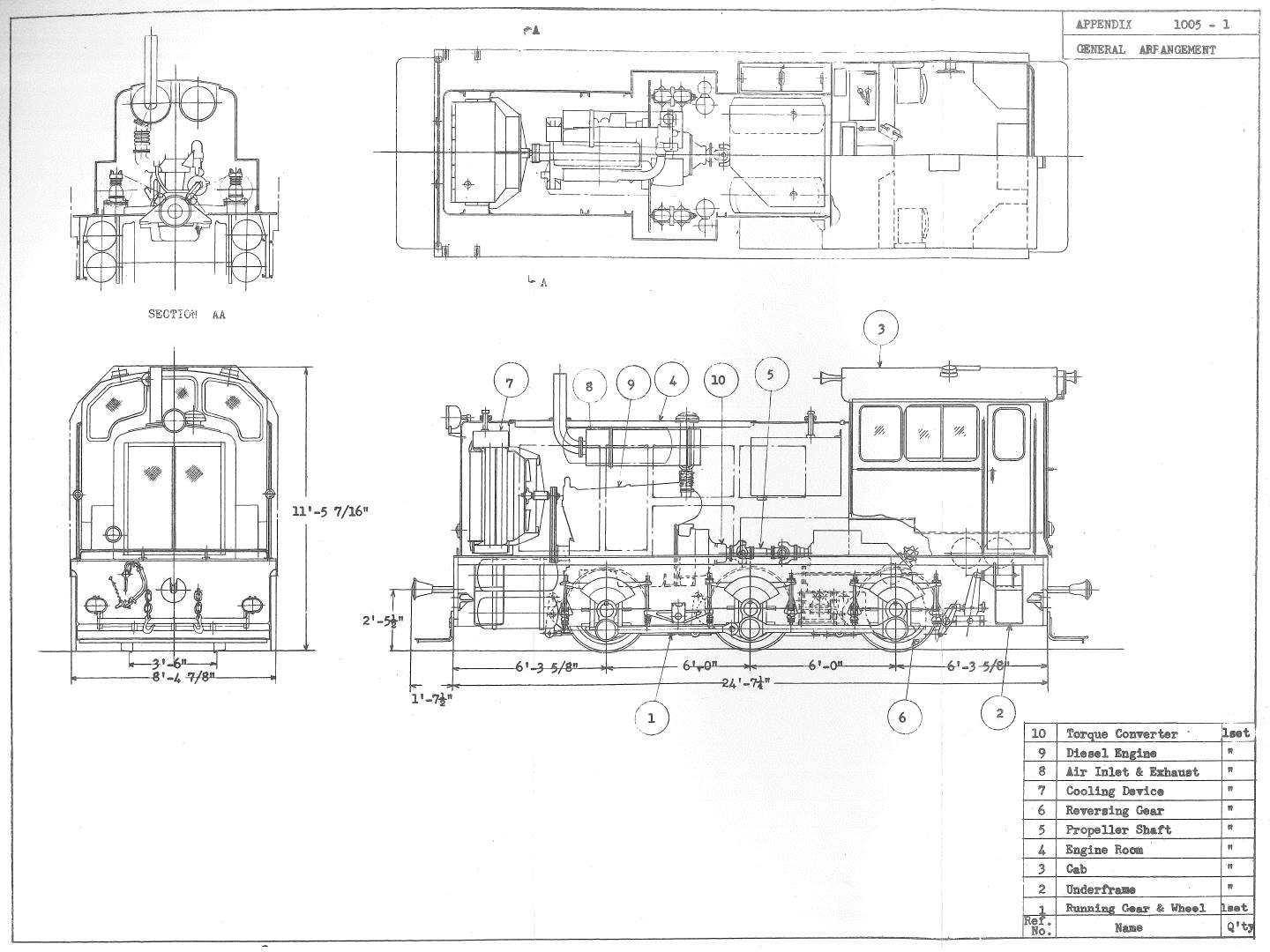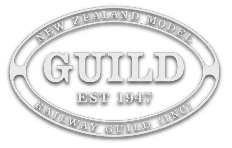
Plans and drawings
Public General Discussion
Public General Discussion
Group for discussing / uploading and sharing plans and drawings of New Zealand railways... View more
Public General Discussion
Group Description
Group for discussing / uploading and sharing plans and drawings of New Zealand railways and railway-related topics. The Guild’s plan shop is here:
https://thejournal.nz/product-category/railway-infrastructure-plans/
B class Fairlie wheels
-
B class Fairlie wheels
Posted by Grant on 17 June 2024 at 3:06 pmDoes anyone have a plan/drawing of the wheels for a B class Fairlie (e.g. “Snake”, “Lady Mordaunt”) that they would be willing to share?
Regards
Grant McInman
Lawrence replied 5 months ago 5 Members · 13 Replies -
13 Replies
-
-
Not wishing to be seen to be lazy, just went down and checked the file. That photo is of one of the bogies off the travelling crane so could be a B or an E bogie.
I think its a B.
-
Bob McCully’s photo shows what’s left of a Fairlie ‘E’ bogie – after NZR removed the cylinders and shortened the frame, to support one end of cranes #101-103.
A single ‘B’ bogie (with smaller cylinders), was used to propel each crane at the other end.
-
-
The rolling stock register says that the Ferrymead wheels are from a B. So spot on for what you need.
-
Thanks, Paul. I hadn’t see the photo by the late Bob McCully before – it is quite useful! I agree that the B Class and Avonside E class Fairlie wheels are quite similar – see the attached snip of a wheel of an E class Fairlie which is being erected at Pipitea Station in 1876 (Alexander Turnbull Library Reference: 1/2-004671-F, photographer unidentified). They are from the same builder and are the same size; it could be that they were cast from the same pattern?
Regards
Grant
-
Measured the spokes in 1993 (!)
28mm wide at the outer end
32 mm wide at the inner end
75mm deep at the outer end
82mm deep at the inner end
(all recessed 25mm from the rear)
Tyres are skinny, being only 115mm wide – same as for 4-wheel wagons.
The thickness (front to back) of the wheel bosses has been increased, by attaching 32mm thick steel plates of an ungainly profile, presumably to firm up the old castings on the axles!
Counterweights are 120mm deep, top to bottom, and 95mm thick.
The bogies at Ferrymead might be one each from B and E locos (ex crane #102).
-
I’m sure that the Mag. ‘Narrow Gauge Downunder’ had a plan of either a B or E Fairlie. That was sometime in the 1990’s. Try to contact them.
-
-
Thanks Wayne – yes, I have that but I was hoping to find a drawing of the wheels, including a cross-section of the wheel profile and the tyre, which the NGDU plan, unfortunately, doesn’t have. I also have a Peter Dyer drawing of the Avonside E class but not any drawings that show details of the Avonside B class wheels.
-
For what it’s worth, Archives have the attached drawing of a ‘Fairlie’ tire.
No idea which class of Fairlie though.
R25222216
-
-
-
It would help to know what you are doing?
If you are doing a 1:64 model, then things like tire profile are best defined by modelling standard rather than prototype – if you want it to run on a layout anyway.
Depending on the wheel standard used some adjustment of the scale depth dimensions might be needed to make the centre look good and function within the tire. If you are turning you own tires then scale is probably fine, but if using commercial tires then some adjustment to suit the available bore may be needed. I’m all for scaling accurately, but if using non-scale track/wheel standards you need to accept compromise somewhere.
On the info posted to date you could do a pretty good wheel (ie visually excellent that nobody could challenge without measuring gear and intimate knowledge of the real thing) that would suit most purposes. If you want to do better, then the real thing is there to be measured.
Log in to reply.

